As travelers wait anxiously at airport terminals, the departure board displays a disheartening message: "Flight canceled." For many, the sudden disruption to their travel plans can be a stressful and costly experience. But what happens when an airline cancels a flight due to circumstances beyond their control, such as the ongoing government shutdown? And what are passengers' rights when it comes to refunds and compensation?
At San Francisco International Airport, traveler Emily Chen was among those affected by the recent flight cancellations. "I was supposed to fly to New York for a business meeting, but my flight was canceled due to air traffic controller shortages," she recalls. "I had to spend an extra day in San Francisco, which meant losing a day's worth of productivity and incurring additional expenses for a hotel room and food."
The Federal Aviation Administration (FAA) has been working to mitigate the impact of the government shutdown on air travel, but the situation remains precarious. Air traffic controllers, who have been working unpaid and under intense strain, have been scaling back flights at dozens of major U.S. airports to ease the pressure. This decision has resulted in hundreds, if not thousands, of daily flight cancellations and longer delays for travelers across the country.
The ripple effects of the government shutdown on air travel are far-reaching, impacting not only passengers but also airlines and the broader economy. "The shutdown is having a significant impact on our operations, and we're doing everything we can to minimize the disruption to our passengers," says a spokesperson for American Airlines. "However, the situation remains fluid, and we're working closely with the FAA to ensure the safety of our passengers and crew."
So, what are passengers' rights when it comes to refunds and compensation in the event of a flight cancellation? According to the Department of Transportation, airlines are required to provide refunds or rebook passengers on a new flight if their original flight is canceled. However, the specifics of the refund or rebooking process can vary depending on the airline and the circumstances of the cancellation.
In the case of a flight cancellation due to circumstances beyond the airline's control, such as the government shutdown, passengers may be entitled to a refund or a voucher for future travel. However, the airline may not be required to provide compensation for expenses incurred as a result of the cancellation, such as hotel rooms and food.
To navigate the complex world of flight cancellations and refunds, passengers can take several steps. First, they should familiarize themselves with their airline's policies and procedures for handling cancellations and refunds. They should also keep a record of all correspondence with the airline, including emails and phone calls, to ensure that they have a clear paper trail in case of a dispute.
Additionally, passengers can take advantage of resources such as the Department of Transportation's Aviation Consumer Protection website, which provides information on passenger rights and airline responsibilities. They can also contact their airline's customer service department directly to report a cancellation and request a refund or rebooking.
As the government shutdown continues to impact air travel, passengers would do well to be prepared for the unexpected. By understanding their rights and taking proactive steps to navigate the refund and rebooking process, they can minimize the disruption to their travel plans and ensure a smoother journey.
In the end, the government shutdown serves as a reminder of the importance of air traffic controllers and the critical role they play in ensuring the safety of air travel. As the situation continues to unfold, passengers can take comfort in knowing that airlines and government agencies are working to mitigate the impact of the shutdown and ensure a safe and smooth travel experience for all.
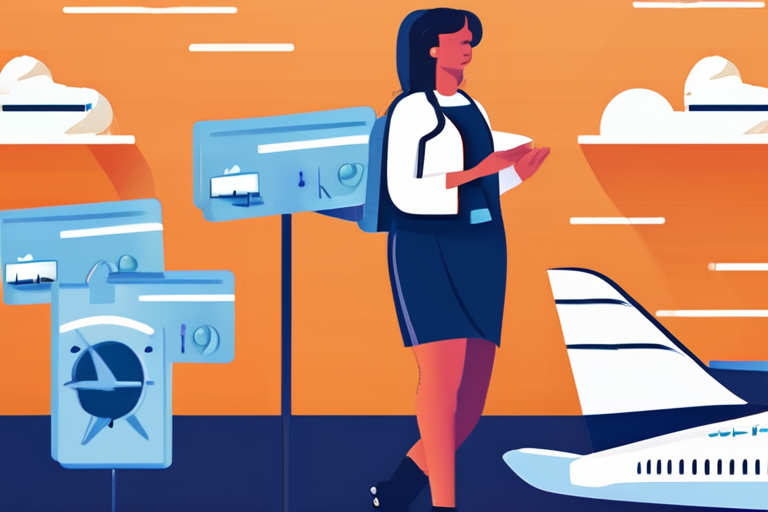


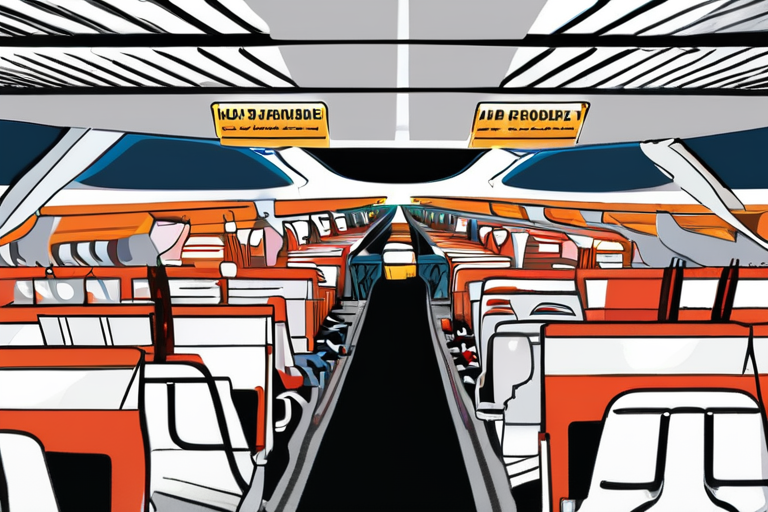



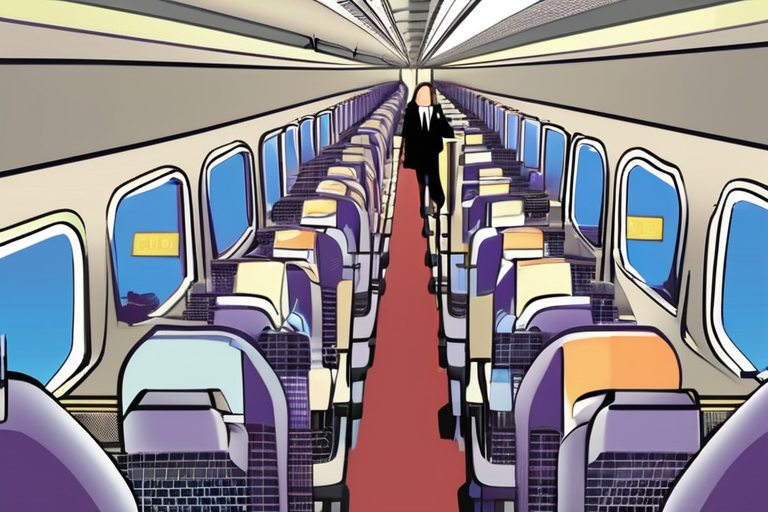
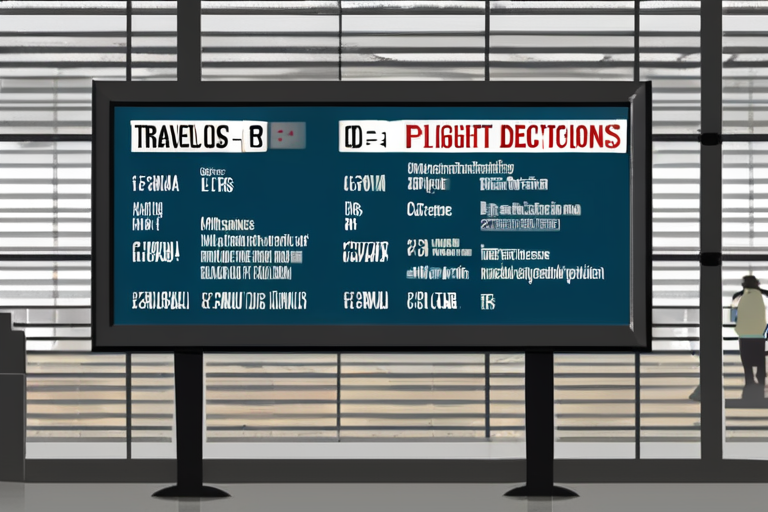
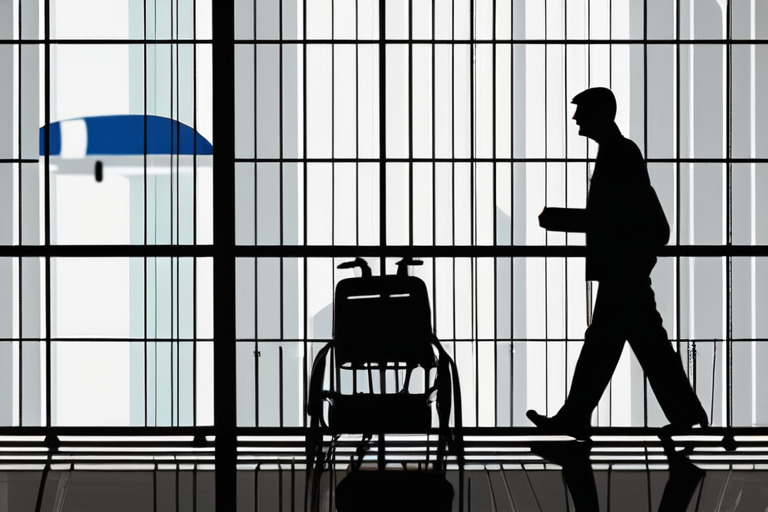

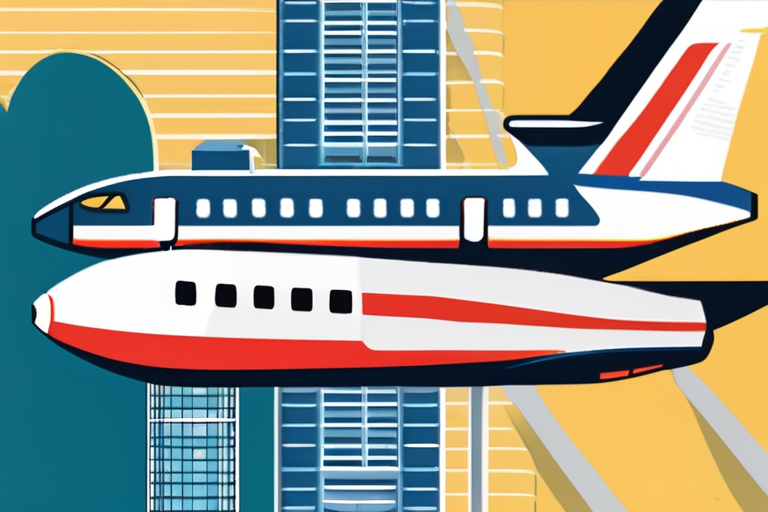

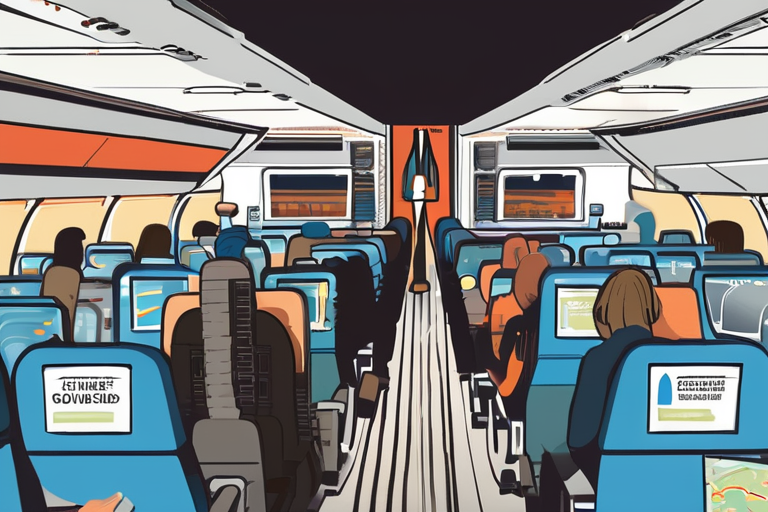
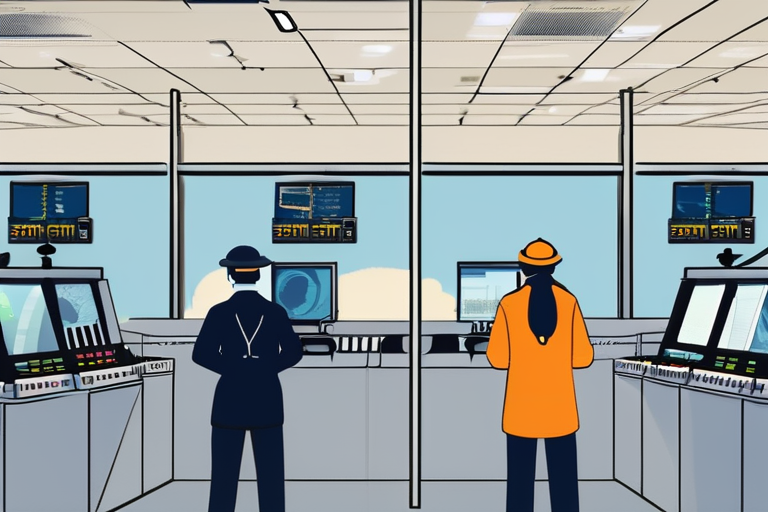
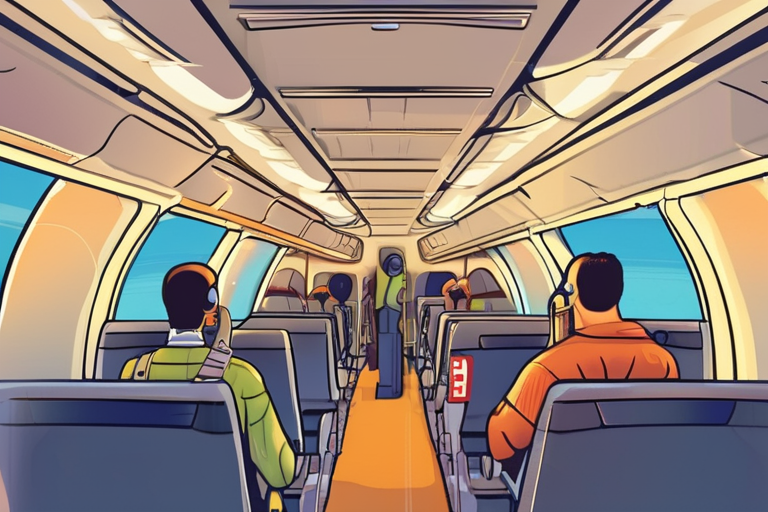
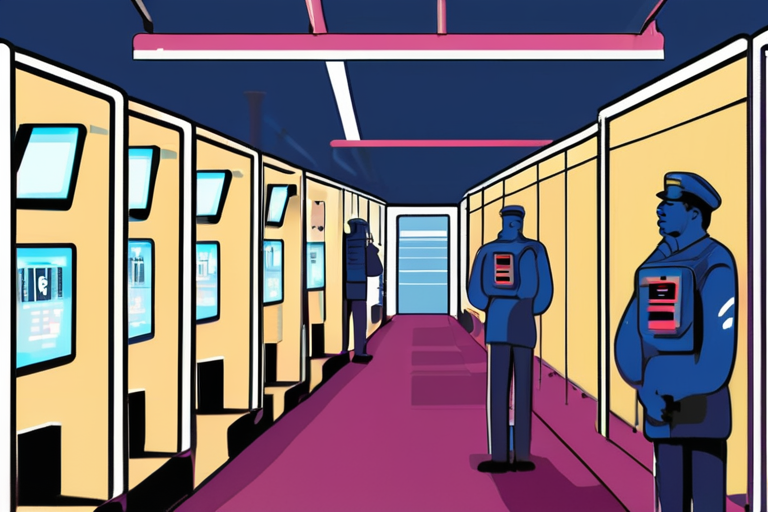


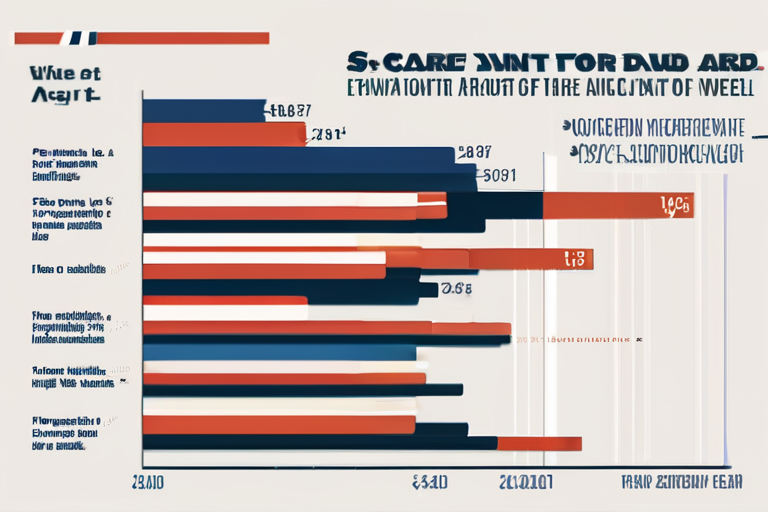

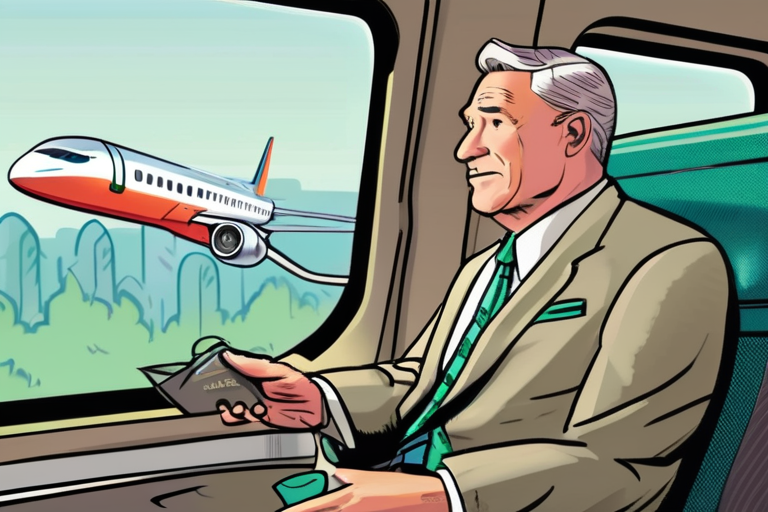
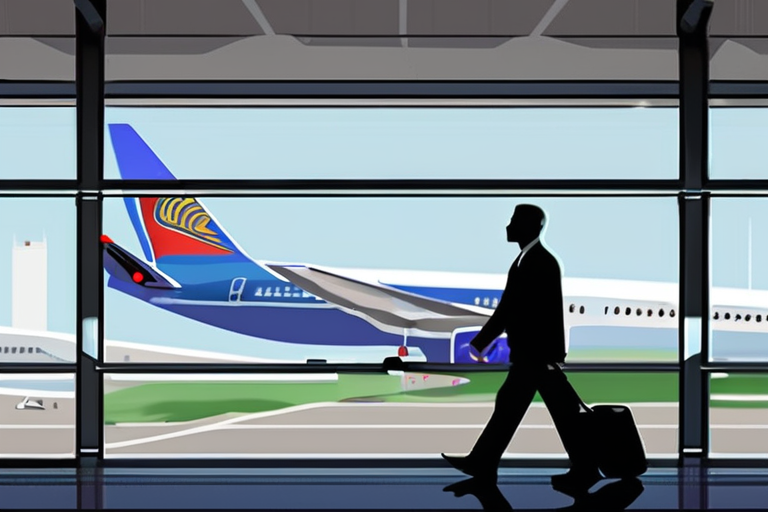
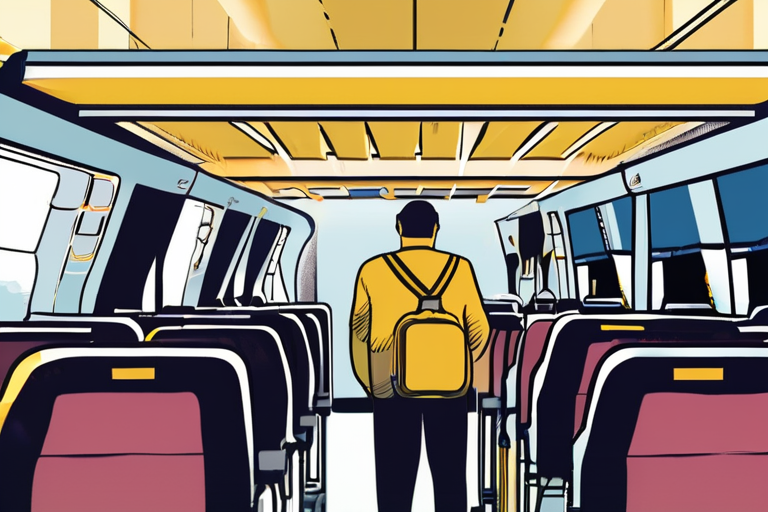
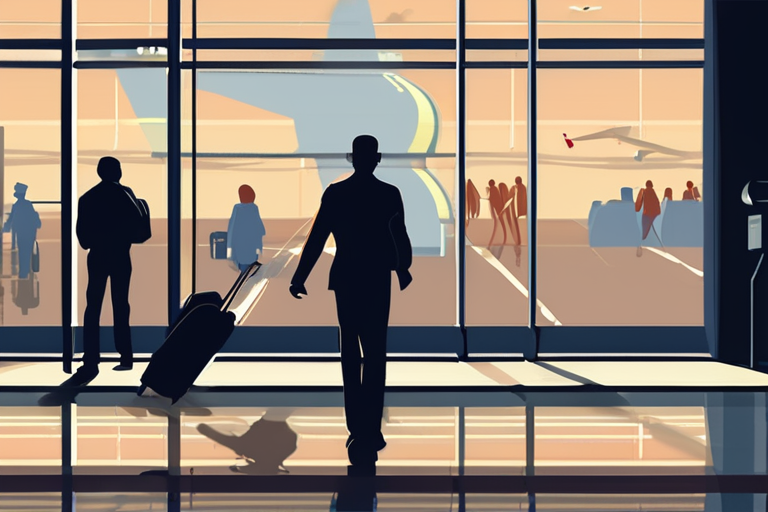
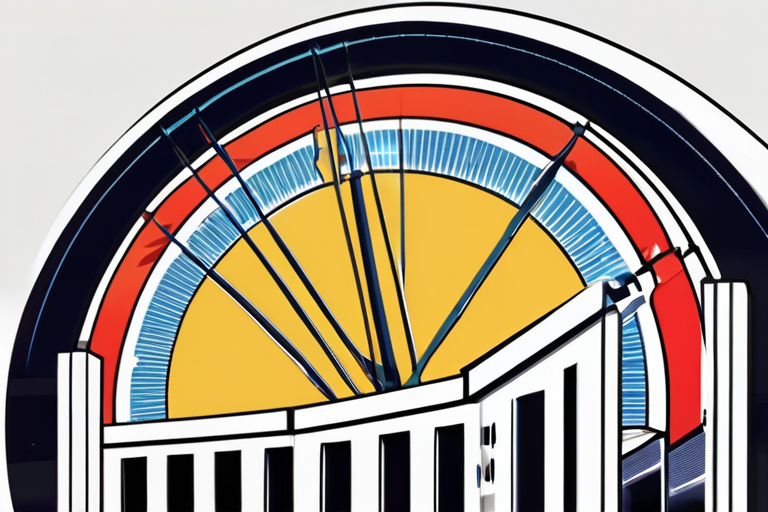

Share & Engage Share
Share this article